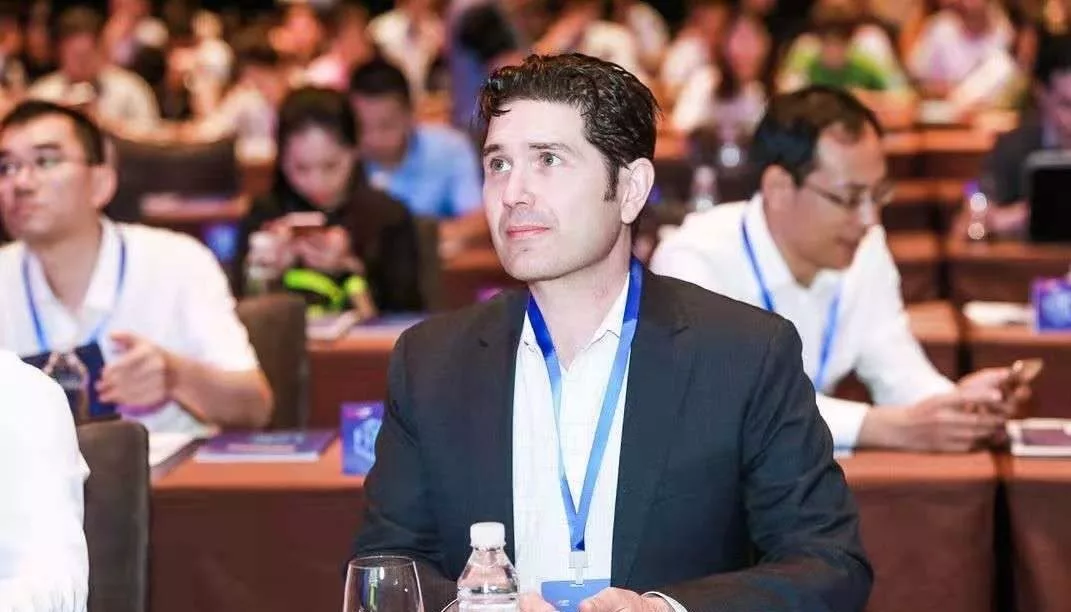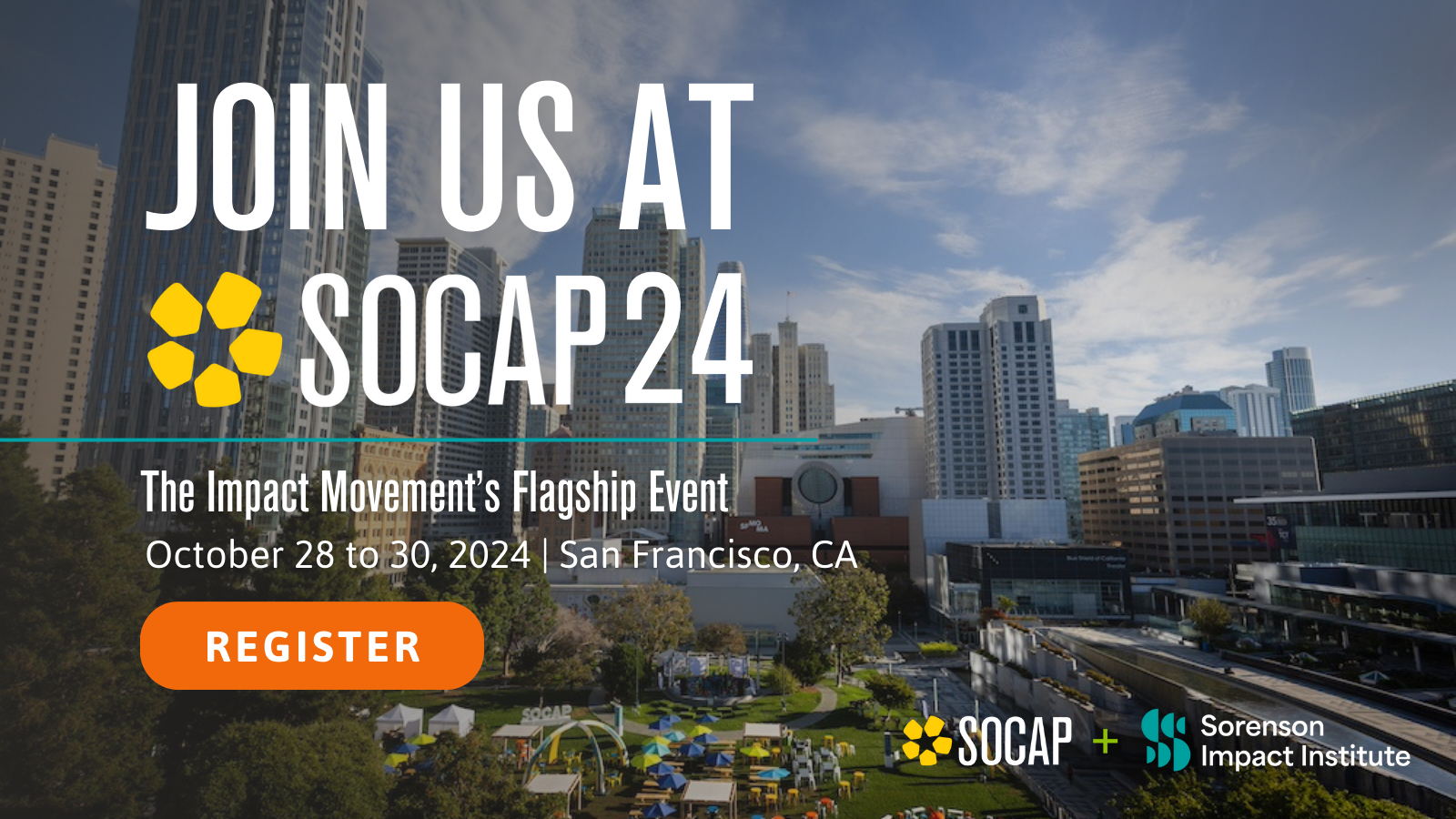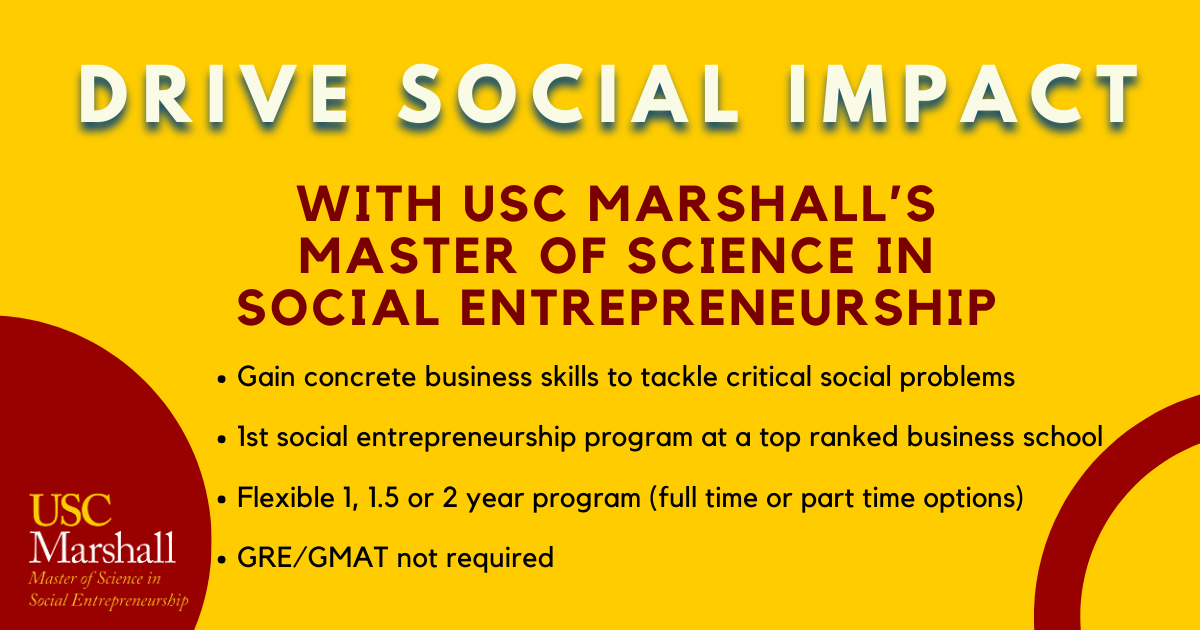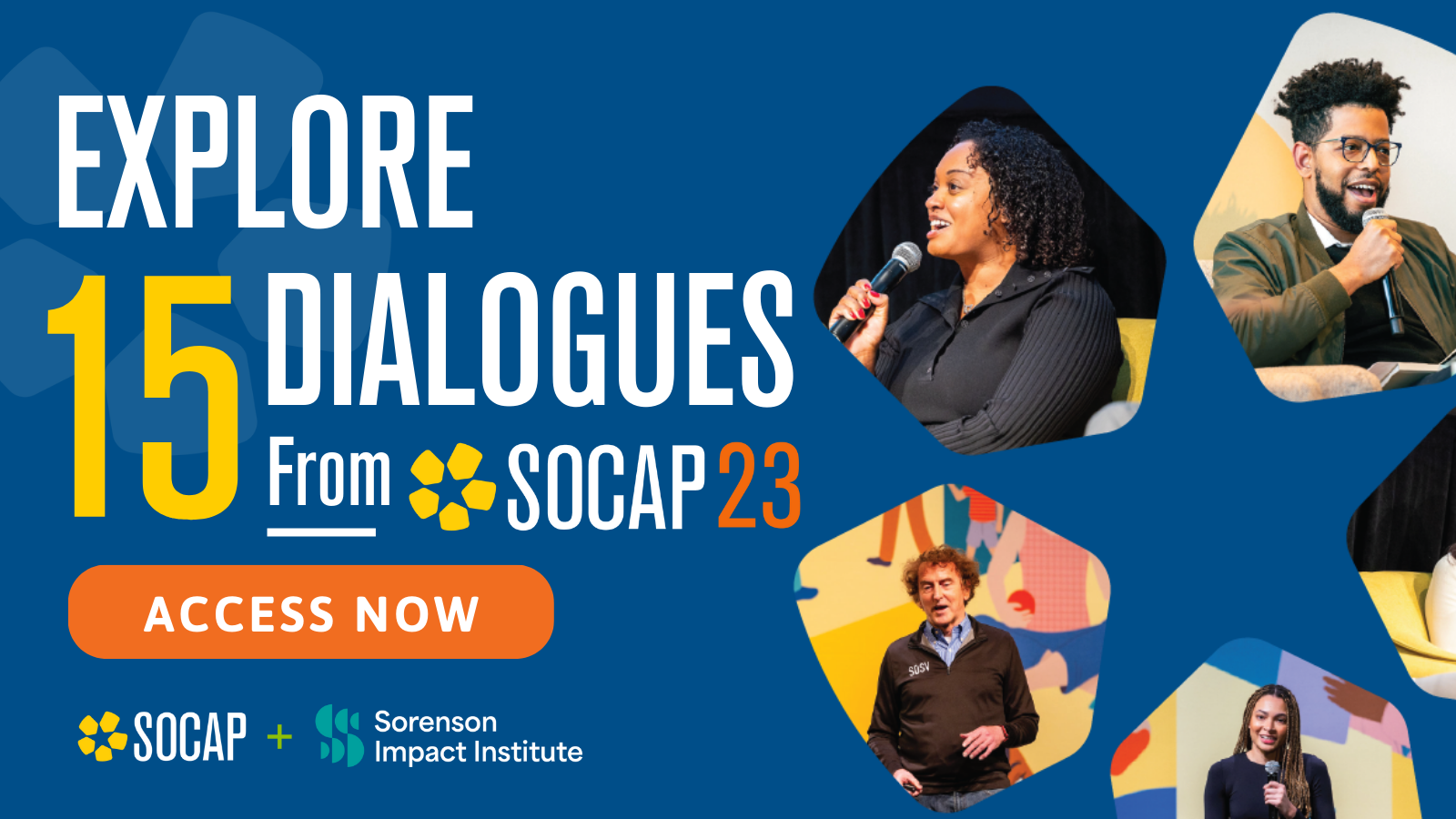“Only when the tide goes out do you discover who is swimming naked.”
Warren Buffett
From the moment we realized that COVID-19 meant shutting down America, articles started coming out about how the world that emerged from this would be better; must be better; should be better. From long academic think pieces to calls to action in 280 characters, and everything in between, anyone who had an opinion seemed to agree that this was the time for everything to operate differently.
In the early days, this all seemed plausible. After all, just last August, the chief executives of 181 of America’s largest corporations, called the Business Roundtable, signed a document saying that it was indeed time to shift from shareholder primacy to stakeholder primacy: from focusing on profits alone to expanding their focus to include delivering value to their customers, investing in their employees, dealing fairly and ethically with suppliers, supporting the communities they live and work in, and generating long-term value for shareholders.
And yet, almost as quickly as the calls to imagine a better world emerged, so too did the realities that key signatories to this document were furloughing employees (without pay), paying dividends to shareholders, and provoking complaints from workers that they aren’t adequately protected from danger.
For example:
- Marriott International began furloughing most of its American workers by early April, jeopardizing their access to health care, even as the company paid out more than $160 million in quarterly dividends and pursued a raise for its chief executive, Arne M. Sorenson. This is a company that earned $1.2B in 2019. Mr. Sorenson was, ironically, co-chair of the Business Roundtable’s COVID-19 taskforce.
- Employees of Amazon, who surprisingly enough was also a signatory, and a trillion-dollar company, were almost instantly protesting and claiming that they were not provided masks and hand sanitizer. News reports backed this up. Amazon called the accusations unfounded and detailed how they are extending paid-time-off to people who contract the virus and giving cash grants equal to two weeks pay to people who aren’t eligible for paid-time-off and contract the virus. They are also quick to tout how they gave most employees a $2/hour raise and hired 100,000 new employees worldwide. The internal memo from Jeff Bezos telling employees what Amazon would do for them ended with I know that we’re going to get through this, together. Since Jeff Bezos’ wealth increased quite a bit more than $2/hour (think $36 Billion in a few weeks), I doubt that’s quite true.
There are many explanations and arguments as to why these companies acted and reacted the way they did. The most common one given is They can’t support any of their stakeholders if there is no viable business on the other side of this. Okay, sure. It’s just hard to reconcile people losing their homes and running up credit cards (that they can’t pay the minimums on) to buy groceries with the fact that Marriott spent more than $5B in 2019 buying back its own stock. Oh – and yes, Mr. Sorenson did make a public announcement that he was giving up his $1.3M salary, a statement that did not mention his stocked based compensation or cash incentive plan which totaled $8M and 3.5M respectively in 2019.
All of this happened on March 19th. On that day, 75% of the company’s employees were laid off. The statement Mr. Sorenson issued ended with I wish you good health and a sense of optimism. Twelve days later they paid scheduled dividends to shareholders. Shortly after that, they filed proposals with the SEC that included a 7.7% salary raise for the Chief Executive and a cash bonus of up to 200%.
It’s unlikely the 42+ million Americans who filed for unemployment over the past three months have experienced much in the way of a sense of optimism.
It is easy to say that it’s time for business to be done differently, but unless businesses can be held accountable, there’s little chance that they actually are going to do things differently.
This isn’t to say that everyone behaved this way. Apple continued to pay workers and contractors even though stores were closed. Major banks vowed to avoid layoffs. Pepsi paid workers sick pay if they had to stay home to take care of children who were now not in school.
When the Business Roundtable released their groundbreaking assertion that business had to be done differently, a small and mighty group of B Corps responded with a full page ad in the New York Times and signatures of their own. These 33 Certified B Corps called for the signatories of the Business Roundtable to officially join the work they had been doing for a decade and become B Corps or benefit corporations.
And here’s the part of this that is really important and maybe not what you have heard before. B Corps also had to close locations and lay people off. Being a B Corp did not insulate these businesses from the devastating economic effects of COVID-19. But, the entire experience was different.
- I personally know a B Corp Business owner who paid employees out of his own pocket until his savings were dry while he waited for the PPP money to come in.
- Ben Coniff, co-founder of Luke’s Lobsters explained that the company’s culture of transparency allowed employees to understand the finances behind its decision to shut down 25 of its 26 restaurants. There’s no moment of This really breaks my heart, but… while paying large dividends or giving executives salary increases.
- Larger B Corps, like Patagonia and Allbirds, continued to pay employees regardless of closing down stores and even operations.
And because being a certified B Corp requires being sustainable, many B Corps already had remote teams or plans in place to encourage people to work from home which made for smoother transitions for their workforce.
It’s likely that the true difference here is in the people who are running these corporations, which also explains why companies like Apple, Madewell, Lululemon and REI also pledged to pay their employees regardless of being closed. The more innovative and creative a company is; the more they are focused on wellness and using sustainable products; and the more adventure and trend breaking, the more likely they are to be the kind of company that takes care of their employees.
Dr. Christopher Marquis, Samuel C. Johnson Professor in Sustainable Global Enterprise at Cornell University says it’s more than that. In his upcoming book, Better Business: How the B Corp Movement is Remaking Capitalism, Dr. Marquis credits the systems created by the process of becoming a B Corp and the B Impact Assessment (BIA) as not only certifying companies who are doing business in a better way but also for creating a place to learn and have access to customized solutions as well as creating a sort of healthy competition where companies are working to increase their scores – using the assessment as a way to think about things they can do better.
He interviewed individuals from over 60 B Corps for this book and combined it with over ten years of research. One such interview was with Rob Michalak, the direct of social mission special projects at Ben & Jerry’s. Ben & Jerry’s has been one of the most outspoken companies on many issues of social justice, including climate change. Their mission is to produce the world’s best ice cream, earn a fair profit, and create social change. And that’s exactly what they are doing. They routinely outperform other comparable businesses. Their response to COVID-19 included:
- directly connecting with every employee to be sure they knew they had all the support they needed
- making a public statement about the realities of COVID-19 and people who are incarcerated
This isn’t surprising because they have always worked as a company to take care of their employees and to make public and informed statements about social justice issues, including naming various ice cream flavors after social justice causes/needs and, in the aftermath of George Floyd’s murder, they very publicly called on their supporters to be part of ending white supremacy.
According to Dr. Marquis, B Corp founders are taking a more responsible view of how they do business. They are looking at the communities they operate in and how their business affects every part of that community. He hopes his book will be part of the tipping point that spreads the B Corp message to the masses – the consumers.
The work that B Labs (the organization that certifies B Corps) and the leaders of B Corps have done over the past decade has already led to legislation being passed in 35 states, D.C., Italy, Columbia, Ecuador, and the Canadian Province of British Columbia, that creates an official corporate form that includes stakeholder consideration, as opposed to shareholder primacy. Dr. Marquis also credits the B Corp movement with propelling the rise of Impact Investing across the country through the creation of firms dedicated to impact investing or SDG’s and mainstream investors like Larry Fink of Blackrock calling on all investors to focus on more environment and social practices when choosing investments.
The last part, for this movement to truly scale, he says, is the consumer. Consumers are wary of corporations that talk of doing social good. And why wouldn’t we be given all of the above examples, which are certainly not unique to COVID-19, although they may be amplified due to its magnitude. Greenwashing abounds. And people have long memories.
In an article for PR Week, Steve Barrett calls out the Business Roundtable signatories who dropped the ball. His list is considerably more extensive than mine, and he sadly, but honestly, includes Black & Decker and Levi’s who were crowned PR Week’s Brand of the Year and Most Purposeful at their 2019 Purpose Awards. He also lists a number of brands that are doing things better and puts a call out for case studies to include in consideration for this year’s Purpose Awards. And he confidently reminds all business owners of the following:
When people look back on the coronavirus pandemic of 2020 they will remember those who did the right thing by their people, customers, and other stakeholders. And they will remember those who communicated effectively during this tough time, as well as those who got it completely wrong.
Wondering how he knows? He’s in PR. This is not a heavy op-ed in the NY Times or an analysis in Market Watch. This is the editor-in-chief of PR Week, the leading PR Magazine for the US with 85K followers. He knows what consumers want, don’t want, and will remember.
Dr. Marquis tells me that using the BIA filters out greenwashing as a rule because the assessment is rigorous and being certified requires meeting high standards in all the areas that are assessed: governance, workers, community, environment, and customers. He sees B Corp certification as a way that businesses and brands can embrace business as a force for good in a deep, systematic way, instead of a superficial PR move – and equally as a way that the average consumer can learn who to trust and not trust when it comes to those PR moves.
He’s also quick to point out that his point _ and that of the B Corp movement in general – is not solely (or even primarily) to increase the number of B Corps, but to offer a tool that all businesses can use to create processes that help them be more sustainable. He also remarks that many people, especially younger people, distrust capitalism right now – and for good reason. He should know. He’s with them every day in his classes at Cornell. In fact, he first learned of B Corps from one of his students!
Dr. Marquis shared with me that, in 2009, in a discussion on large companies and Corporate Social Responsibility, a student commented that if he really wanted to study true social innovation, they should be looking at how social values could be embedded in a company’s DNA, as it is with B Corps. A year later, he published the first in-depth Harvard Business School study of the work of B Lab.
Interestingly enough, I learned of the recent statement by Ben & Jerry’s about dismantling white supremacy from my own soon-to-be-college student. She shared their post with me and that of another ice cream shop – a local NYC one – and told the story of someone commenting, “You should be careful as a small business. What will you do if you get looted and all of your ice cream is destroyed?” The owner responded, “We will make more ice cream.” After she stopped laughing, Emma said, “Maybe the world will be saved by ice cream. That would be awesome.”
According to Dr. Marquis, that is a distinct possibility; not just ice cream – this team of superheroes includes flour, beer, shoes, and cheese, among others. Sounds like the best kind of revolution.
Connect with Dr. Marquis on his website, LinkedIn, and Twitter and pre-order his book, coming in September, here.








